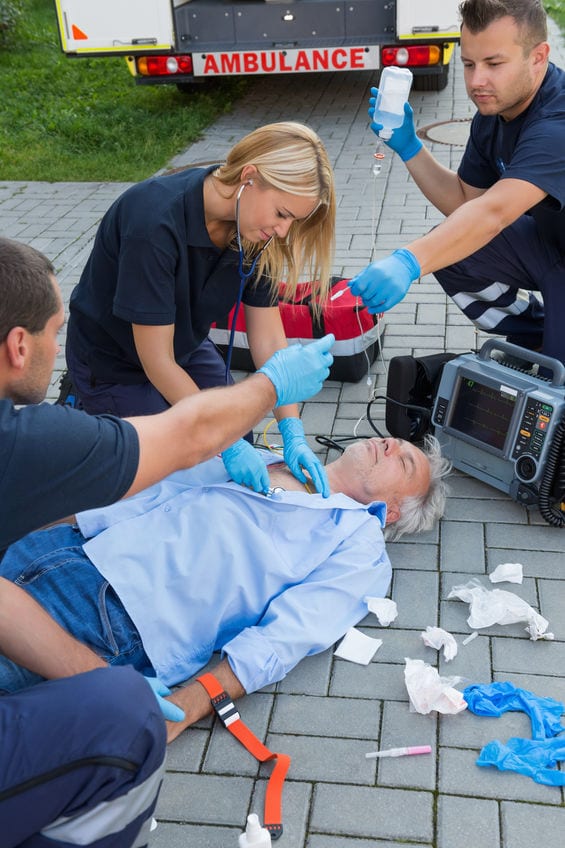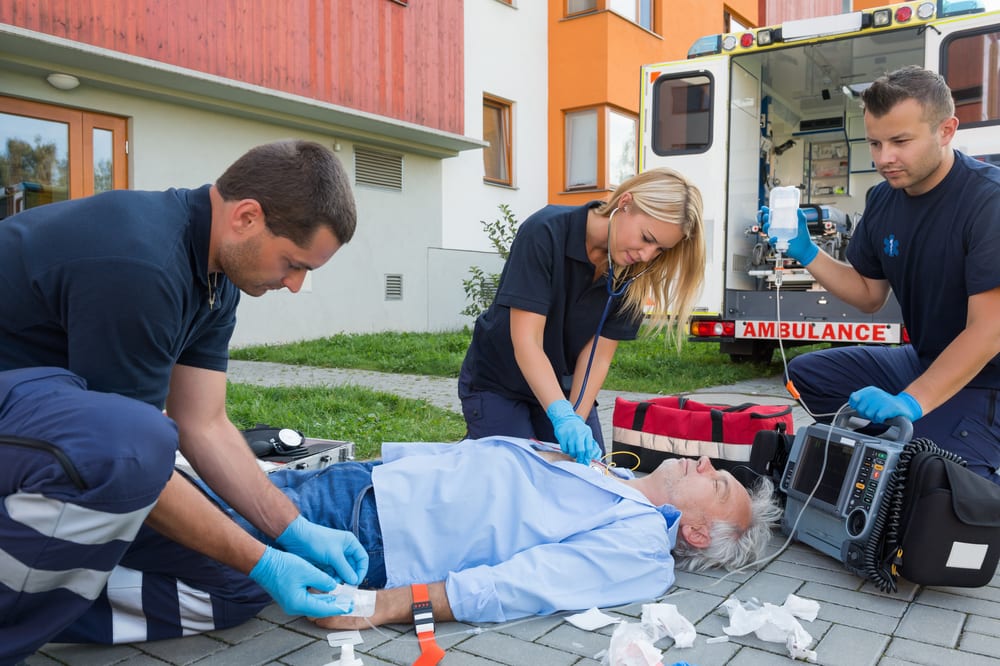Definitions
COPR = Canadian Organization of Paramedic Regulators
OSCE = Objective Structured Clinical Examination
GRS = Global Rating Scale
EMA Licensing Branch, Province of BC (EMALB)
There was if I remember a great hue and cry in the industry about EMALB getting rid of the practical exams. It was sort of like ‘How could they do this!” and “How can they maintain standards in the Paramedic profession in BC without doing both written and practical exams”.I too had my doubts how this was going to work but then I thought of the times over the years that students, both at the EMR and PCP levels complained of (whether true or not!) how biased the EMALB examiners were or that they were looking away at a critical point in the practical exam and missed something that the student had done. I spoke with our contact at COPR – Ben Maartman – at the time and discussed this further with him. I remember him saying that the written COPR exams had the ability to measure/exam these students very objectively as opposed to what can be a very subjective practical exam. He argued that different examiners had different concepts on what constituted a pass on a practical exam in a lot of cases. His argument went was that a written exam was very black and white / very objective in that the answers are either right or wrong. I understand his argument but there was still that little niggling concern about EMALB not doing practical exams.

As a Paramedic training agency of course, we still do final written and practical exams at the PCP level, but we also provide additional resources for our students in terms of COPR style questions on our Moodle LMS platform and hundreds of other questions for the students to access.
In addition, all of our students are given as part of their tuition paid to us a one-year MasterYourMedics (MYM) membership access where there are additional study resources for the final written COPR – Alberta College of Paramedic EMR, PCP and ACP study sections and COPR specific question areas for PCP and ACP level exams.
Now EMALB (via an email dated Dec 18, 2018) has indicated that for PCP and ACP Paramedic courses starting after 01 July 2019 the students will be required to complete both the COPR written exam and an OSCE style practical exam.
These new requirements are scheduled to be fully implemented by 01 March 2020.
We are very familiar with the OSCE style evaluations as we use them extensively throughout our PCP course currently.
The OSCE style evaluations have been used for many years in the medical field for almost all other levels of medical personnel.
As suggested in an article ‘Global Rating Scale for the Assessment of Paramedic Clinical Competence’ published in part by two noted Canadian Paramedics (Walter Tavares and Rob Theriault) who are also Instructors and Clinical researchers there is another option that of using a Global Rating Scale.
In their study their goal was to evaluate paramedic clinical competence at the entry-to-practice level.
In order to do this, they developed a seven-dimension GRS: Situation Awareness, History Gathering, Patient Assessment, Decision Making, Resource Utilization, Communication, and Procedural Skill.
In the article is suggests that this GRS can be subjective but that at the entry-to-practice level it was a better tool that formulated checklists – in my estimation a reference to an OSCE style evaluation.
We do use the Global Rating Scale that is built into CompTracker on an ongoing basis throughout a PCP course but as noted we do use the OSCE format as well.
We like these OSCE style evaluations. What are your thoughts?
Thank you.
Paul Stone

